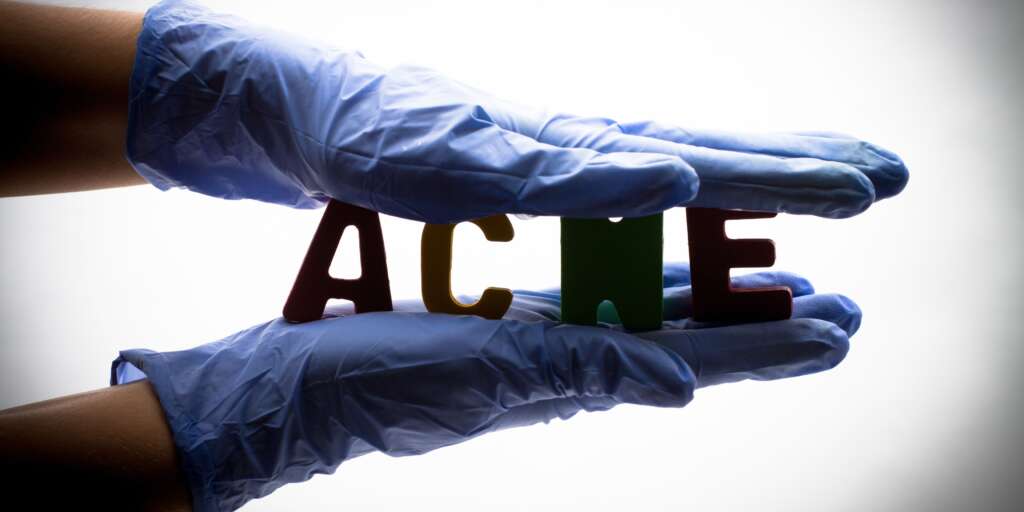Acne is the most common skin condition in the world. Almost everyone experiences an acne breakout at some point in their lives, especially during their teenage years. About 40–50 million Americans have acne at any given time! If you’re wondering if you should see an acne doctor in Kennesaw, then here’s some information about acne and what you can do to prevent it!
What Types Of Acne Are There?
There are two types of acne: non-inflammatory and inflammatory. Non-inflammatory acne includes whiteheads and blackheads. These are the least severe forms of acne and are easier to treat than inflammatory acne types since they don’t leave behind scars.
Inflammatory acne is more severe than non-inflammatory acne and may cause complications such as scarring or further skin issues. This acne type can include papules and pustules.
What Are Whiteheads And Blackheads?
Whiteheads are small, white spots or bumps, hence the name. They usually have a white, circular center surrounded by a red halo. This type of acne doesn’t cause acne scarring and is one of the least severe.
Blackheads are simply whiteheads that are exposed to air. When the trapped oil makes contact with the air, the excess oil turns dark.
What Are Papules And Pustules?
Papules are bumps under the skin’s surface and do not have a visible center. They develop when whiteheads cause irritation and damage the surrounding skin, which leads to inflammation.
Pustules are large bumps with a defined, circular center that is filled with pus. They typically look like large and more inflamed whiteheads that have visible red inflammation in the surrounding skin.
What To Do To Start Treating Acne
The general rule of thumb is that the earlier you start treatment, the less likely you are to have scars. There are many over-the-counter treatments, but if you’ve used them for several weeks or more with no improvement, it’s time to see an acne doctor. A dermatologist works to treat the acne you have, prevent further breakouts to avoid further scarring and provide treatment to make your scars less noticeable.
You have several options available to you when it comes to treatment. Your acne dermatologist will review each in detail. Depending on the severity of your acne, they will guide you through treatment options that are best for you.
What Are The Methods To Treat Acne?
Topical medications are the standard of care for mild and moderate acne and can prevent new outbreaks. They require at least six to eight weeks before any improvement is seen. Topical treatments include retinoids, antimicrobials, sulfur, or dapsone. Antimicrobials are effective in treating inflammatory skin conditions.
An acne dermatologist will also use oral medications, especially when your acne isn’t responding to topical medications. These include antibiotics to control inflammation and bacteria growth, combined oral contraceptives, an anti-androgen agent, or the drug isotretinoin (Accutane). Your doctor can explain what each does and what the risks are.
What Are Some Other Treatments?
Chemical peels are also used for the treatment of acne and other skin disorders. They have antibacterial, and anti-inflammatory effects and are also able to reduce sebum production.
Whitehead and blackhead extractions are a part of facial acne treatment. First, an acne specialist prepares the skin by lightly steaming the area. Your acne doctor may also exfoliate the skin before extractions begin. This helps prepare the comedones and the pore for easier extraction. Next, the doctor does whitehead and blackhead extractions. This procedure, if done regularly, will help reduce acne breakouts.
If you’re ready to find an acne doctor near you who can treat your skin with the care and expertise you deserve, then contact Acworth Dermatology & Skin Care Center at (678) 505-8030 to schedule your appointment as soon as possible!
